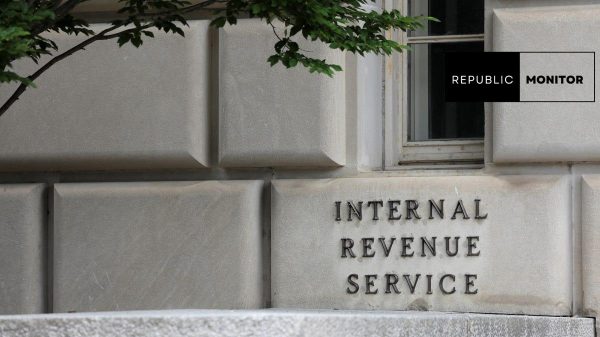Benefits for retirees and surviving spouses, as well as those who have lost a spouse or a qualifying ex-spouse, and those who are disabled are all provided by the Social Security system—officially known as OASDI in the US, according to Investopedia.

Benefits for retirees and surviving spouses, as well as those who have lost a spouse or a qualifying ex-spouse, and those who are disabled are all provided by the Social Security system—officially known as OASDI in the US. (Photo: The Motley Fool/ Getty)
13 States That Tax Social Security Benefits
The following thirteen states tax some or all of their residents’ Social Security benefits: Colorado, Connecticut, Kansas, Minnesota, Missouri, Montana, Nebraska, New Mexico, North Dakota, Rhode Island, Utah, Vermont, and West Virginia.
Social Security benefits will not be taxed on retirees with little income other than Social Security. It’s possible that they would not even need to file a tax return at all.
According to AARP, the taxation of benefits in different states varies greatly. People with incomes of less than $25,000 for a single filer and $32,000 for a married couple filing jointly are not taxed on their Social Security benefits, while those with incomes of more than $25,000 are taxed on up to 50 percent to 85 percent of their benefits.
Read Also: SNAP Benefits Help Millions Of Americans; Here Are Some Reasons The Application Process Delay

Benefits for retirees and surviving spouses, as well as those who have lost a spouse or a qualifying ex-spouse, and those who are disabled are all provided by the Social Security system—officially known as OASDI in the US. (Photo: Corporate Finance Institute)
37 States That Does Not Tax Social Security Benefits
Social Security benefits are not taxed in the following 37 states, as per MOTLEY: Alabama, Alaska, Arizona, Arkansas, California, Delaware, Florida, Georgia, Hawaii, Idaho, Illinois, Indiana, Iowa, Kentucky, Louisiana, Maine, Maryland, Massachusetts, Michigan, Mississippi, Nevada, New Hampshire, New Jersey, New York, North Carolina, Ohio, Oklahoma, Oregon, Pennsylvania, South Carolina, South Dakota, Tennessee, Texas, Virginia, Washington, Wisconsin, and Wyoming.
Although the mentioned 37 states do not take a portion of their resident’s earning, people may end up owing IRS taxes on Social Security checks, depending on how much they earn. Social Security benefits can be taxed by the federal government up to 85 percent depending on a person’s income. Since the 37 states have declined to stake a claim, you will still receive more Social Security benefits.
Since 1983, Social Security benefits have been taxed if the recipient’s income exceeds certain thresholds. Most people who receive Social Security benefits and have other sources of income pay taxes on the benefits because those limits haven’t been adjusted for inflation since then, as per Investopedia.
Read Related Article: Stimulus Check Update: Child Tax Credit To Be Extended For Another 1 Year Under ‘Build Back Better’















